Accordingly, the US's reciprocal tax with most trading partners will be applied at a new rate ranging from 10-41%, of which the tax rate on Vietnamese goods is 20%, down from 46% announced last April.
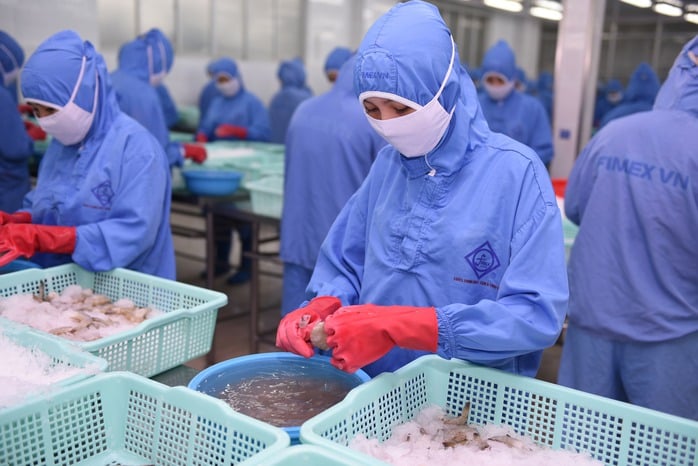
Vietnamese businesses seek advantages to enter the US market
At the regular Government meeting in July, held on the morning of August 7, Minister of Industry and Trade Nguyen Hong Dien said that the Ministry of Industry and Trade has promptly submitted to the Prime Minister a group of tasks assigned to ministries and branches to effectively adapt to this tariff policy.
Accordingly, technical negotiations to consolidate the formal agreement will continue. This will be implemented next week.
The Ministry of Finance coordinates with relevant ministries and branches to assess the impact of tax rates on Vietnam to propose tasks, solutions, mechanisms and policies to effectively respond to this policy.
US tariffs and the initiative of Vietnamese businesses
Regarding the shrimp industry, the Vietnam Association of Seafood Exporters and Producers (VASEP) said that the 20% reciprocal tax rate, combined with the risk of increased taxes from trade lawsuits, makes the price problem for Vietnamese shrimp difficult in the US market. The US is currently imposing taxes on India (25%), Ecuador (15%), and Indonesia (19%).
However, VASEP believes that the US market is not just a game of price. If we consistently pursue differentiated products, high quality, good service and sustainable investment, Vietnamese shrimp will still be a strategic and irreplaceable supplier.
The Minister of Industry and Trade also proposed that the Government assign this agency to develop and implement a plan to implement the Trade Agreement with the US. This includes improving the investment and business environment in Vietnam; supporting domestic enterprises to expand trade growth and export markets; enhancing the capacity and consumption ability of the economy and Vietnamese enterprises...
As one of the enterprises exporting rice to the US, Mr. Phan Van Co, Marketing Director of Vrice Rice Company Limited, said that the export of this product to the US market is taking place normally. Some deeply processed fragrant rice products that exporting countries such as Thailand do not have, partners still import steadily.
According to the 2025 business confidence report recently released by the Private Economic Development Research Board (Board IV) in collaboration with VnExpress, it shows positive signals from businesses in responding to the impact of US tariff policies.
Accordingly, 29.7% of enterprises chose to find new markets to reduce dependence on the US market, 20.5% of enterprises planned to increase the localization of production chains and 19.6% of enterprises said they would find input materials from other trading partners.
Meanwhile, about 24.2% of enterprises chose to temporarily suspend operations until the 90-day period expires, reflecting caution before adverse policy changes.
Notably, only about 6% of businesses chose the solution of "increasing product prices in the US market", showing that this is not the priority option of businesses.
"This result reflects that, although the challenge from the US tariff policy is very serious, businesses still show a proactive, flexible and positive spirit in proposing practical response solutions to maintain business operations and overcome difficulties," - the survey from Board IV shows.
Source: https://nld.com.vn/thue-quan-cua-my-co-hieu-luc-tu-7-8-doanh-nghiep-viet-chu-dong-thich-ung-196250808102903718.htm



![[Photo] Prime Minister Pham Minh Chinh inspects and directs the work of overcoming the consequences of floods after the storm in Thai Nguyen](https://vphoto.vietnam.vn/thumb/1200x675/vietnam/resource/IMAGE/2025/10/08/1759930075451_dsc-9441-jpg.webp)



![[Photo] Prime Minister Pham Minh Chinh attends the World Congress of the International Federation of Freight Forwarders and Transport Associations - FIATA](https://vphoto.vietnam.vn/thumb/1200x675/vietnam/resource/IMAGE/2025/10/08/1759936077106_dsc-0434-jpg.webp)








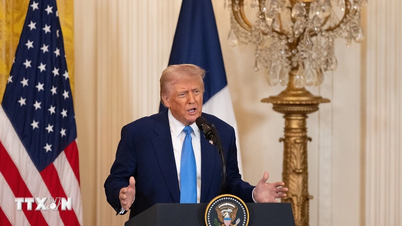


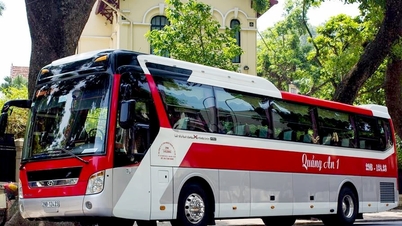

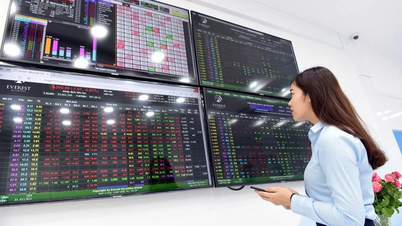

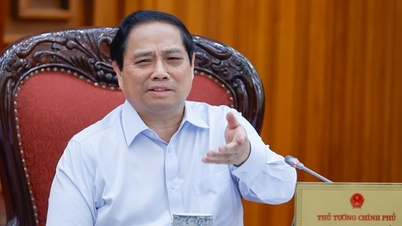

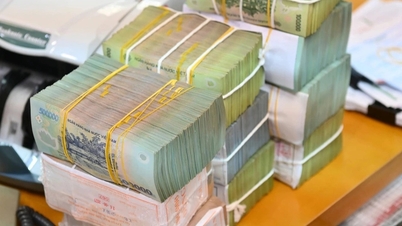










































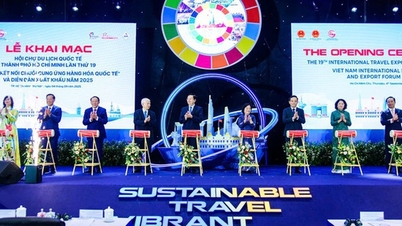










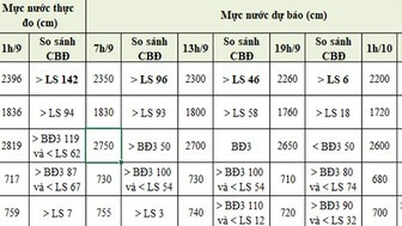



















Comment (0)